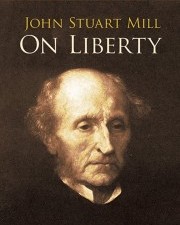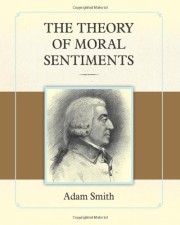Specializing Is Best
All wealth comes from production and exchange: making and trading goods and services. The two are closely related: the more you trade, the more you’re able to produce. How does that work? Through the magic of specialization. When you trade, you’re able to specialize in your comparative advantage, that is, what you can do relatively cheaply compared to everyone else. […]
Read more

